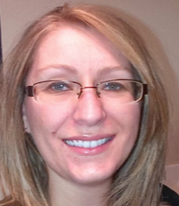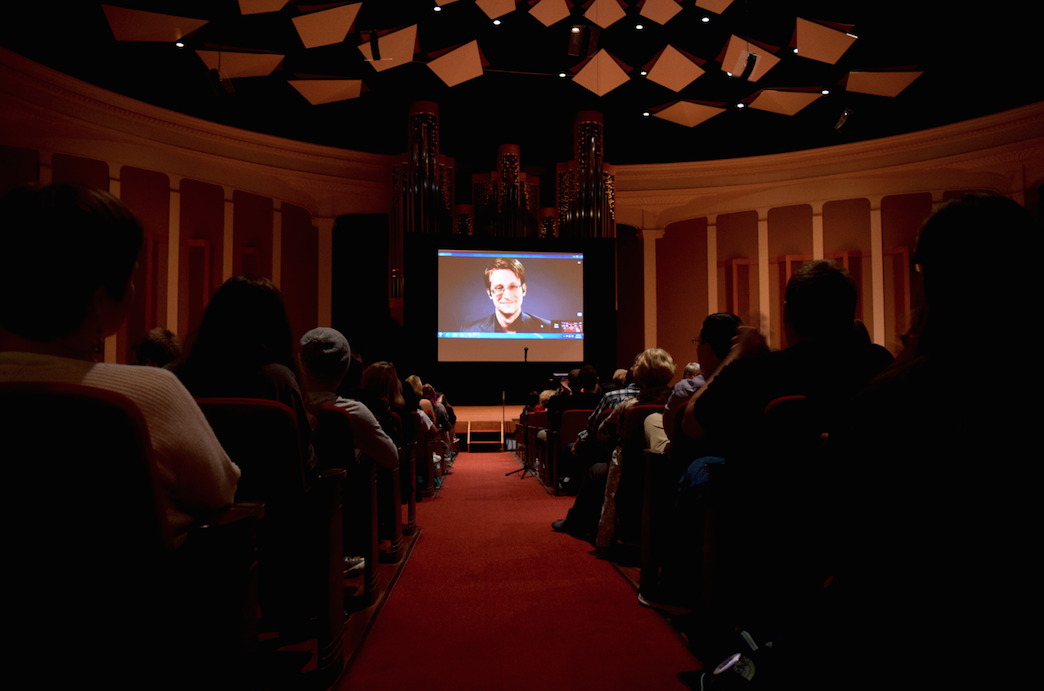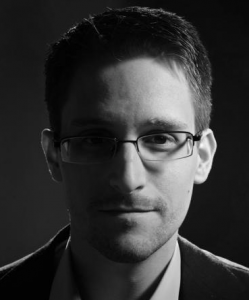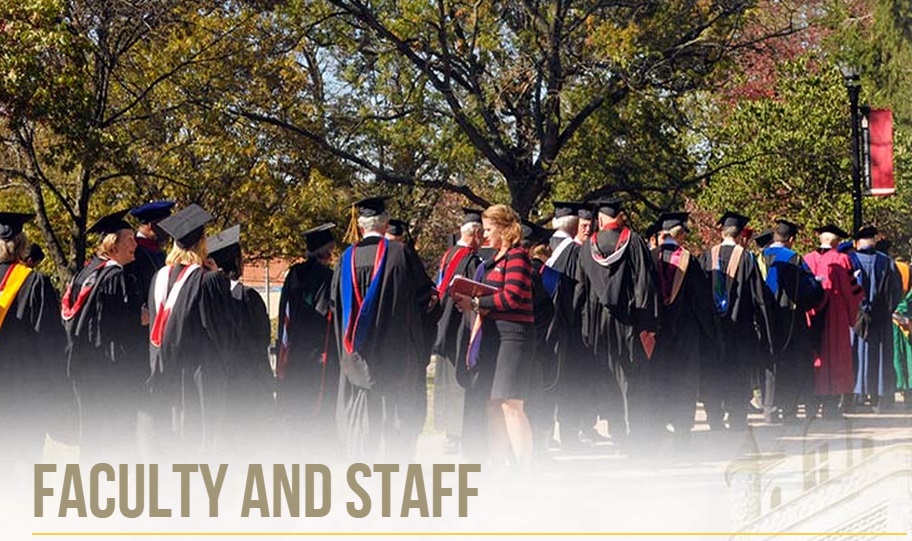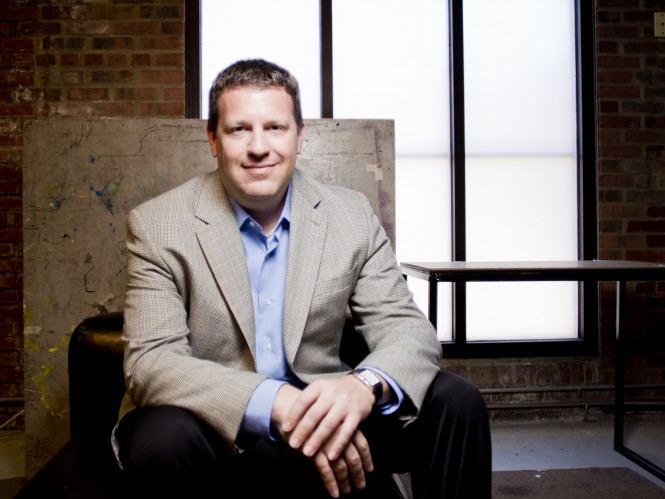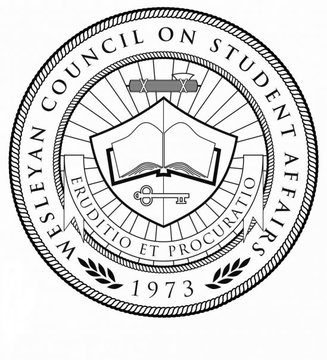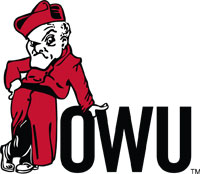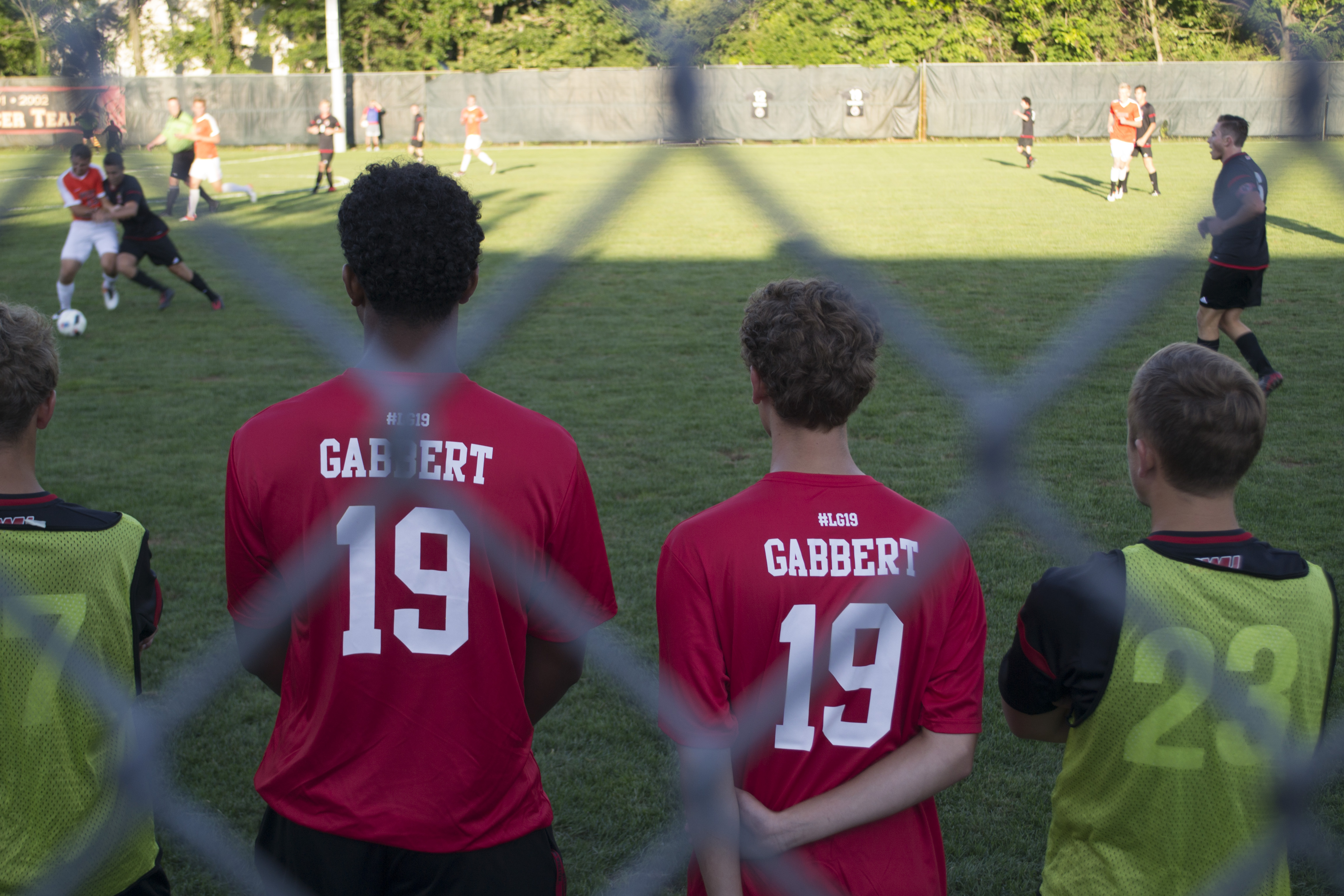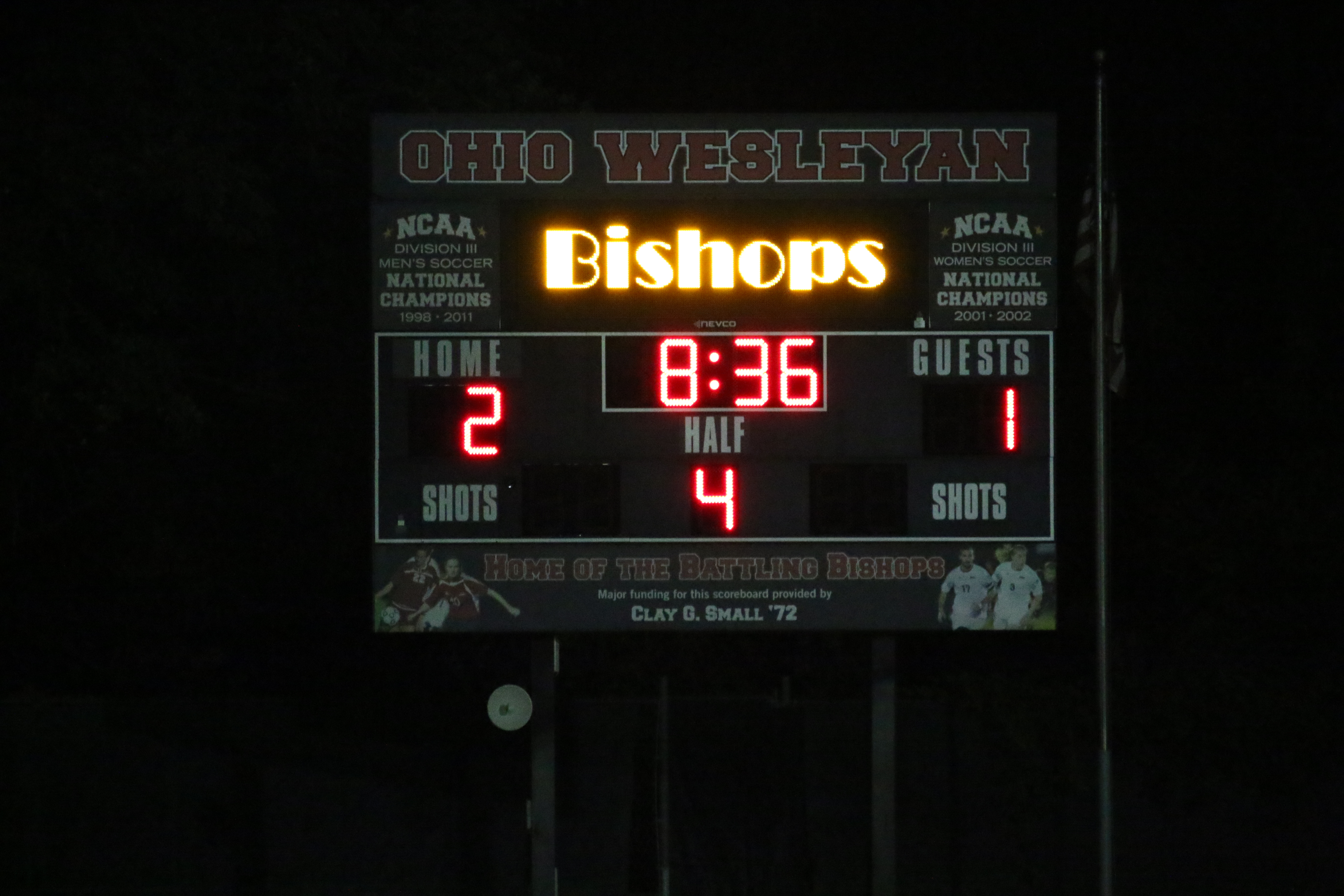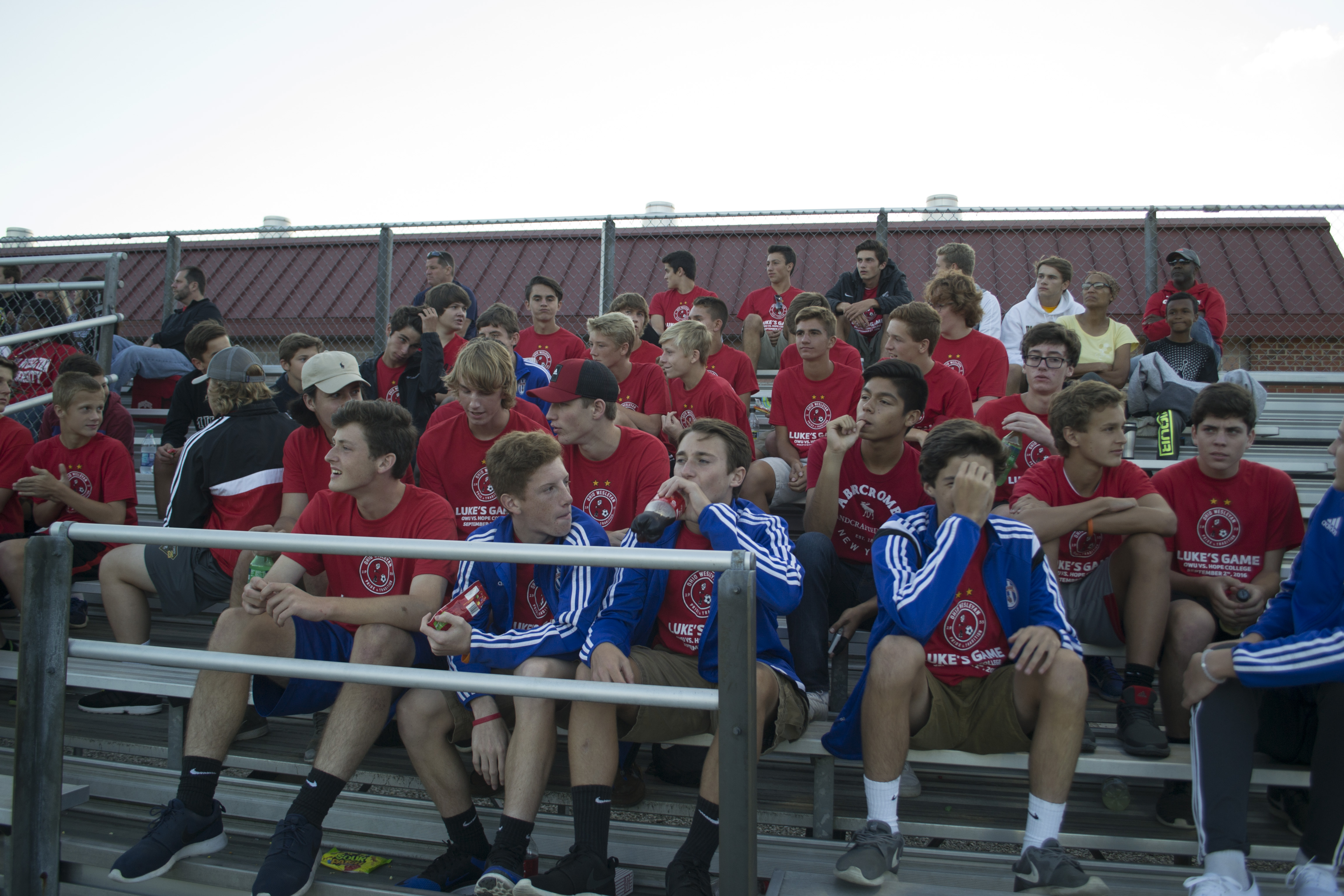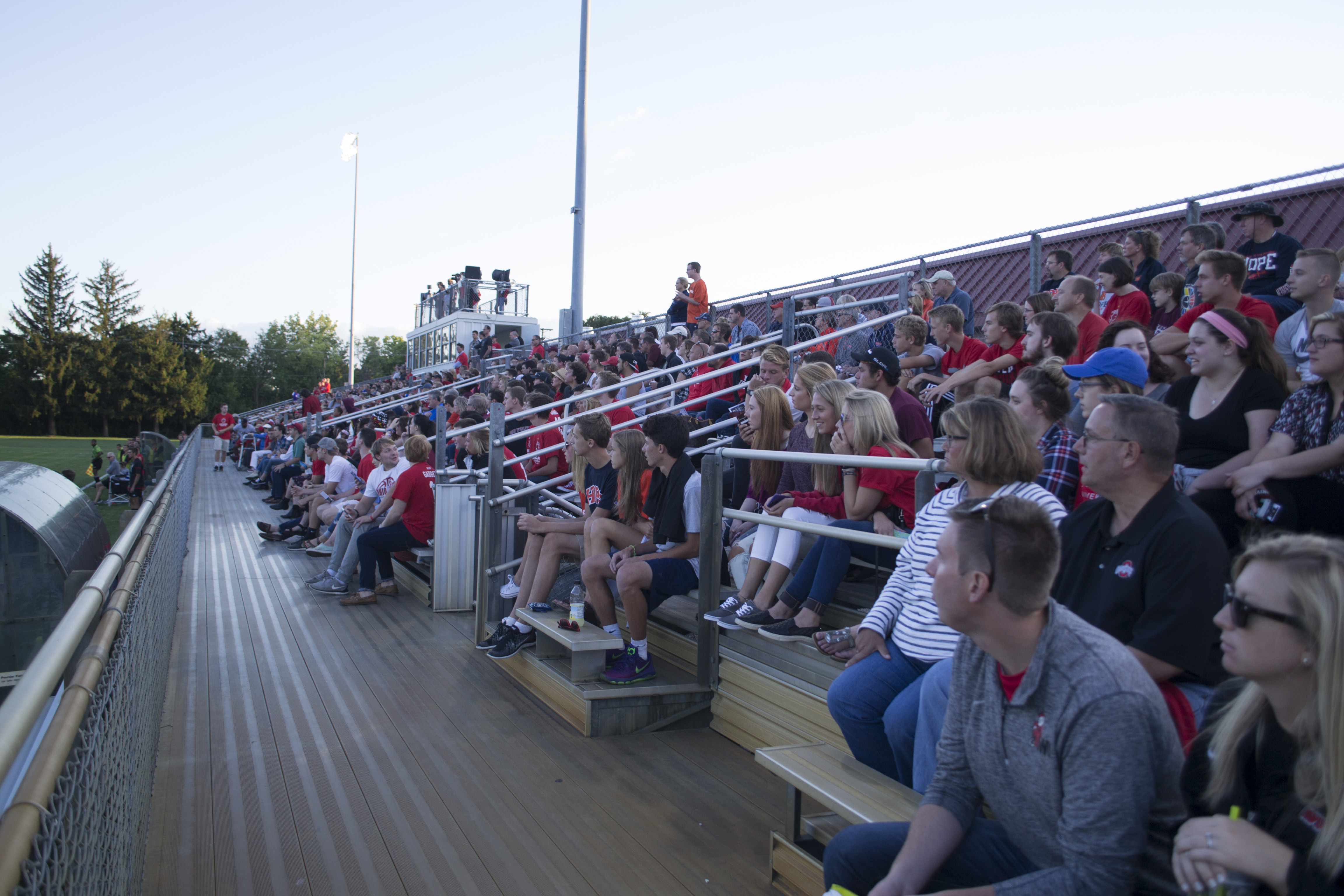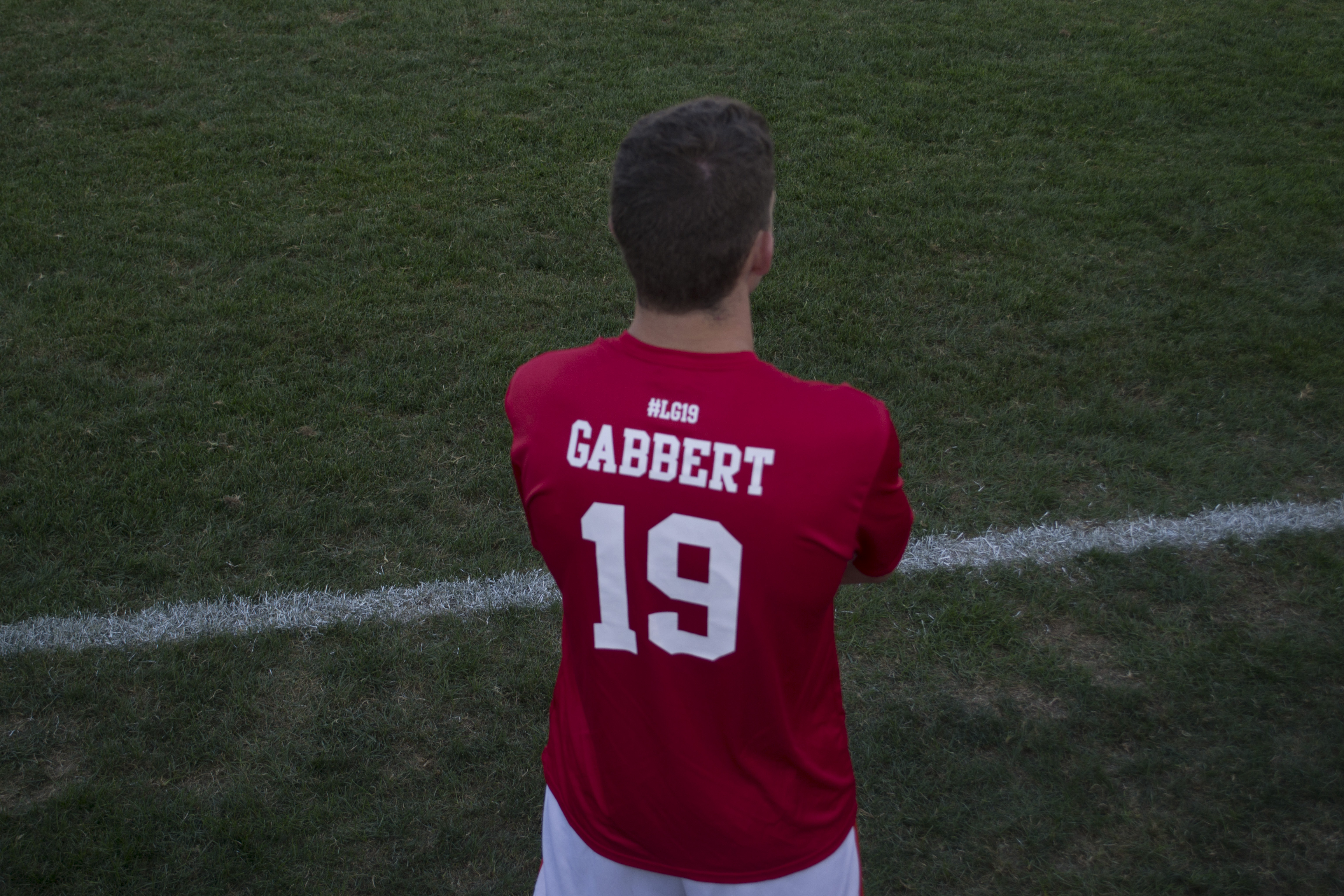Areena Arora, Managing Editor
After 19 years, the card office will no longer be in its current location.
Over the mid-semester break, the office will be moved into the basement of R.W. Corns, where Information Services (IS) is located.
V.P. of Student Engagement and Success, Dwayne Todd said, “There’s only one person right now that runs it, Nancy, who’s done it for a very long time and has done a great job. But if she’s ever not able to be here, the I.D. center is unstaffed … and that doesn’t serve students and faculty well.”
By moving it over to I.S. in Corns, he said, there’s backup. “Operation will always be open.”
Card Office Supervisor, Nancy Tumeo, famously called the Card Lady, is no longer employed by Chartwells Dining Services and instead, has been hired as a university employee.
Another reason for the move, Todd said, was that Tumeo was a Chartwells employee and the I.D. center manages more than just meal plans.
“It (the card office) also manages security access with the card and it just isn’t good practice for someone who is not a university employee to be giving access and managing security access for people …” Todd said.
Tumeo, however, is not happy with the change.
“My own personal feeling about the move, I’m very disappointed. I’ve been here since 1997, taking care of the students and taking care of every problem on campus, that I could. I’m easy access to all the students,” she said.
Tumeo said that many university officials were involved in the planning process over the summer. “I was not told until Aug. 18 in a meeting with Gene Castelli and the interim V.P. of finance … The move was supposed to be immediate, the week of school opening. I suggested not moving the card office until mid-semester break … It would be impossible to shut down operations in the card office, especially with the opening of school.”
Chief Information Officer, Brian Rellinger said, “We wanted to make the move during a time that will have minimal impact on the OWU students. Moving over fall break should allow enough time to complete the transition prior to students returning from the break.”
Tumeo said, “I feel this is a big injustice to the students, taking the card office out of here. I just don’t think it will be as easily accessible to the students.” She added, they never asked her how she represented students, and how much traffic she had in the office. “It’s going to be hard being away from the students.”
Alan Norton, interim vice president for finance and administration/treasurer said, “It was a decision that was discussed with the Vice President for Student Engagement … and with the president and other officers, … there was real consensus that this made a lot of sense to make sure that it was secure. … It was a consensus of a number of folks, it wasn’t just one person making the decision.”
“Well, the decision is really the college’s and it’s her responsibility to execute it. We talked with Chartwells and they were fully supportive to have this change made,” Norton said.
Tumeo said, “Especially the way I found out about it. Seems like everybody knew before me and everybody was told about how wonderful this was.”
Todd said, “There was a conversation with her and she was able to talk about when it would be the best time to make the move. We were going to try to do it just a few weeks after school started and she felt like she needed more time to get things in order … during the break, she thought would be least disruptive, so that’s what we did. But, it’s not Nancy’s decision whether we do it or not.
Tumeo said, “The one good thing, I understand, is that now I’m going to have backup … It is very important to both the university and to Chartwells that someone learn what I do.”
In the process of leaving this location Tumeo said she will miss the students a lot. “This location is central; the students are here … I could sit here name kids after kids. Do you know how many kids bring me coffee every day? Stick their heads in and say Nancy you need anything? The students just love me and take care of me and I love them too.”
The space, Hamwil 142 will be used for the Student Involvement Office, according to Todd.
“The plan is to connect that office to the interior storage room (of SIO), so the Student Involvement Office can expand … Brad (Pulcini) needs an office in there somewhere. I’m not sure if he’ll (Brad) be in there or take the office right behind it.”
Todd added, “Instead of Mona’s desk being crammed in that little entry way, that (current card office) would probably become the main entrance to the Student Involvement Office.”
He added, the renovation work will hopefully be done by sometime in November.
According to an email chain between Prof. Thomas Wolber and Rock Jones, which Wolber shared with The Transcript, Jones said, “This move allows the Card Office to integrate fully with other information system functions and recognizes that what once was a simple meal card now is a data system with many other potential uses for students, including depositing funds for use in the bookstore, providing electronic access to buildings, and other functions that integrate with our information systems. We believe this is best accomplished by physically locating the office in IS and including Nancy as a member of the IS staff and that in the long run students will benefit as more services are provided through the card.”
Gene Castelli, resident district manager of Chartwells, who Tumeo previously reported to, said she has been an asset to Chartwells over the past 19 years. He added, “I don’t miss her because she’s still here … She is above and beyond.”
Rellinger said students will be notified later this month via announcements in OWU daily and signs will also be put up in the current card office.
